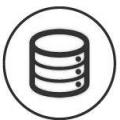Co-sponsored by the UC Berkeley Statistics Department and the D-Lab.
The workshop will be an intensive two-day introduction to R using RStudio. After the first morning session, the workshop will (staffing permitting) be split into two separate tracks. Topics will include





